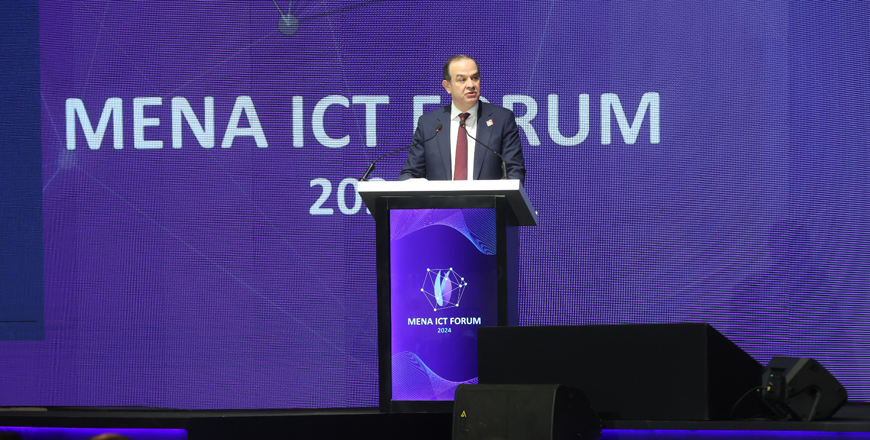You are here
Gov't allocates JD31.7m for digital economy, aims to reach full e-government by end of 2025
By Maria Weldali - Nov 27,2024 - Last updated at Nov 27,2024

The Ministry of Digital Economy and Entrepreneurship says that the government has earmarked JD31.7 million for the Ministry of Digital Economy and Entrepreneurship in its 2025 draft budget (JT file)
AMMAN — The government has earmarked JD31.7 million for the Ministry of Digital Economy and Entrepreneurship in its 2025 draft budget, signalling commitment to advancing digital transformation and innovation in the public sector.
Despite slight budget cuts compared with 2024, the ministry is tasked with ambitious goals, including digitalising 100 per cent of government services by the end of next year and addressing pressing challenges in the digital economy, according to a statement released by the Ministry of Digital Economy and Entrepreneurship.
The statement said that the budget will be distributed across six key programmes overseen by the ministry, primarily focusing on advancing digital transformation in the public sector.
Among these, the E-Government Programme secured the largest share, accounting for 43 per cent of the budget with JD13.4 million.
This allocation reflects the government’s ongoing efforts to complete its digital transformation strategy, aiming to digitalise 100 per cent of public services by the end of 2025.
“To date, some 60 per cent of the estimated 2,400 government services have been digitalised,” the ministry noted.
The ministry continues to face significant challenges, including the emigration of skilled professionals, lack of expertise in emerging digital technologies, limited adoption of e-services and payment systems, and inadequate technological readiness across various government institutions.
Additional obstacles include inconsistent or unclear legislation governing the digital economy, regional disparities in economic and social development efforts, slow economic growth rates, and limited financial resources, the statement indicated.
“The emigration of skilled professionals is a major concern. To retain these talents, the government needs to create competitive incentives and opportunities, as well as foster a culture of innovation locally,” telecommunication specialist Razan Hourani told The Jordan Times over the phone.
Hourani added that a fully digitalised public sector would enhance transparency and ease of doing business, making Jordan a more attractive destination for foreign investors, noting that simplified procedures, like online business registration or tax filing, can significantly improve the investment climate.
As for digitalising 100 per cent of services by the end of 2025, Bayan Khaled, a computer engineer and AI developer, told The Jordan Times that “the achievement of full digitalisation not only needs technical implementation but also cultural shifts and changes in how people and businesses interact with the government.”
Khaled pointed out that there is a crucial need for adequate public awareness.
Related Articles
AMMAN — Deputising for His Majesty King Abdullah, Minister of Digital Economy and Entrepreneurship Sami Smeirat on Wednesday inaugurated the
AMMAN — The Ministry of Digital Economy and Entrepreneurship announced on Wednesday that so far, nearly 900,000 Jordanians have activated th
AMMAN — Prime Minister Hani Mulki on Saturday said that the government’s Economic Growth Plan (EGP) aims to automate procedures to rea
















